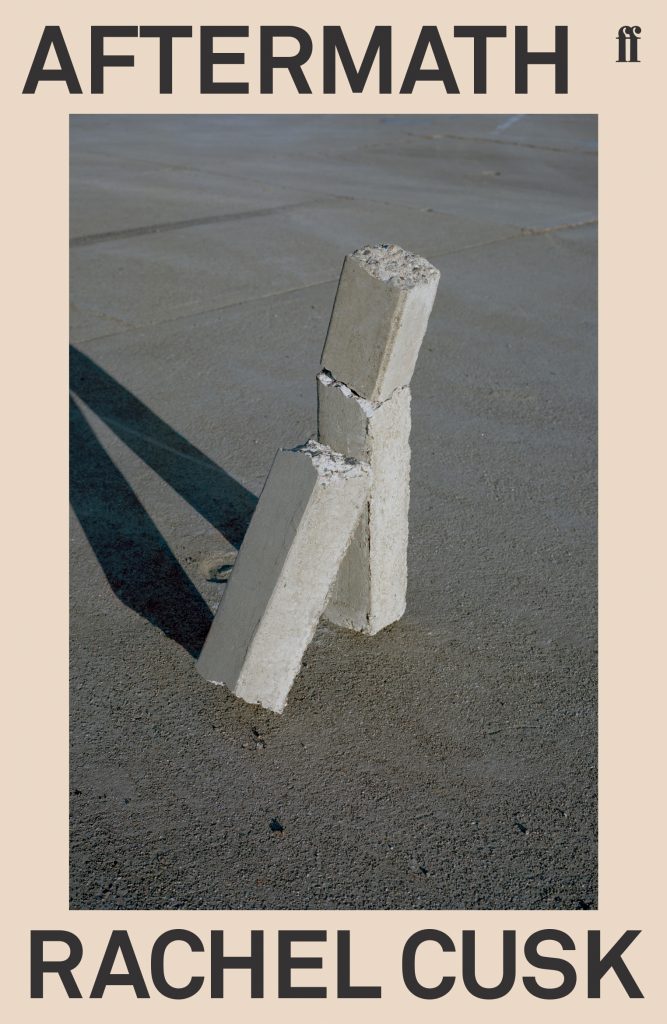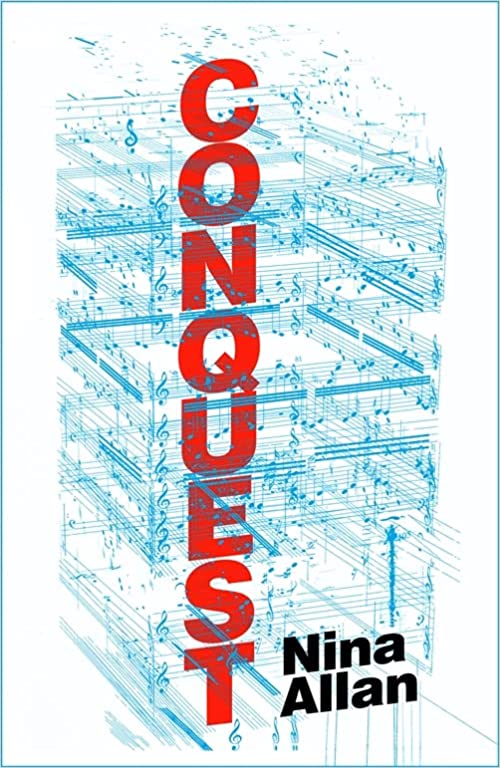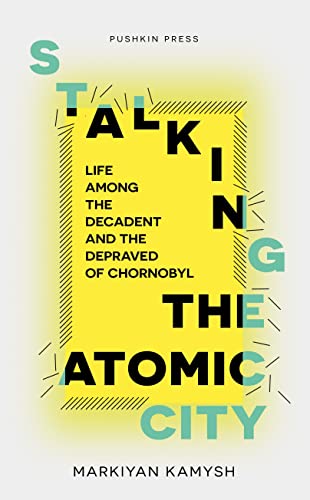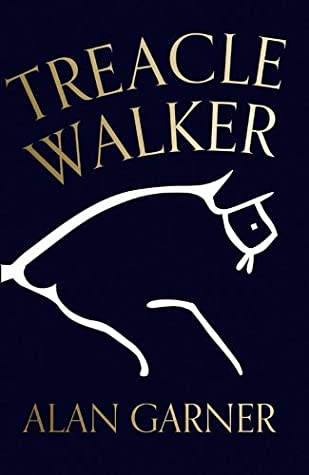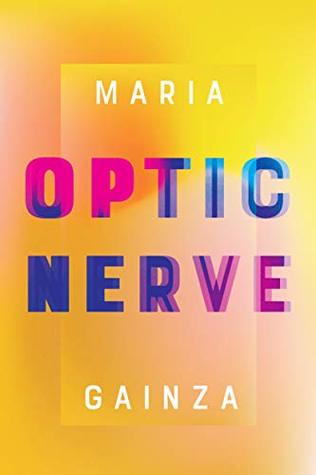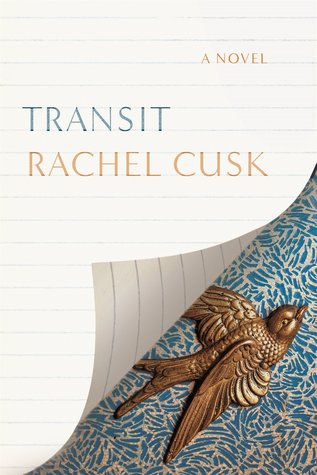When I reviewed Michel Faber’s The Book of Strange New Things for Strange Horizons back in – my goodness – 2015, I described it as ‘unendurably slow’ and wrapped my arguments in a slew of niggles about ‘is this good SF??’ and suchlike, questions I seemed genuinely concerned with at the time but that now seem irrelevant. I think I knew even then that at least a portion of my apparent dislike of the book was rooted in the discomfort I felt while reading it. Not because of ‘bland characterisation’ or ‘wrongheadedness’ but because that novel really got to me. The unknowable alienness of the planet Oasis was something I experienced as a terrible homesickness, the sense that we were destroying our own world while fully aware of the fact that there was nothing better out there and no way back.
I find it mysterious and barely explicable and utterly right that The Book of Strange New Things, no matter its weight or size or unlikability, has survived every book cull we enacted in the years since, and there have been a few.
I think about Faber’s novel more or less every day now. Not just because of the subtext about his wife Eva, but because it seems clearer and clearer to me that the books that stay with you, that provide fuel for the onward journey, are so often those you have to fight to understand and come to terms with. The books that confound and confront you. The books that pick away at your insecurities and that feel most difficult.
Just about a month ago I finally bought and read Undying: A Love Story, the cycle of poems Faber published in 2016 about the death of his wife, the artist Eva Youren, from cancer.
I cannot now imagine a book coming closer to me than that one.
Other books I have been reading these past weeks include:
The Iceberg by Marion Coutts
Ti Amo by Hanne Orstavik
In Love by Amy Bloom
A Scattering and Anniversary by Christopher Reid
The other day on the train on my way back from Glasgow I found myself picking up Strange Loyalties, the third book in William McIlvanney’s Laidlaw trilogy. It seemed like something I wanted to read just then and I didn’t know until I began it that it too was about grief. Jack Laidlaw is seeking the truth about what happened to his brother Scott, who has been killed in a hit-and-run, because seeking the truth – what he does for work – is the only way Jack Laidlaw can deal with his grief. It is a wonderful novel – well wrought, honestly told, so keenly alive and for me at least perhaps the best of the three.
Somewhere around halfway through, I was knocked to the ground by the following passage, in which Jack speaks with the dying mother of one of his suspects:
She had a face like a handful of bones and those pilgrim eyes of the dying. Most of the essential luggage of her life had gone on ahead and here she was waiting at a wayside station among strangers who had other business. The living are all strangers to the dying. It’s just that they’re too polite to tell us so. They are kind to our crass familiarities that mistake them for someone else. They do not tell us that we are the bores who have crashed a party for one, seeking company for our own terrified loneliness we have suddenly recognised in their eyes. The dying arrive at true politeness. Even if they scream, they only scream in so far as it is necessary. For who else can establish the rules for what is theirs alone? They cannot be unkind to us, for they leave us alive when they are not. She was kind to me.
I am working. I am doing OK.
